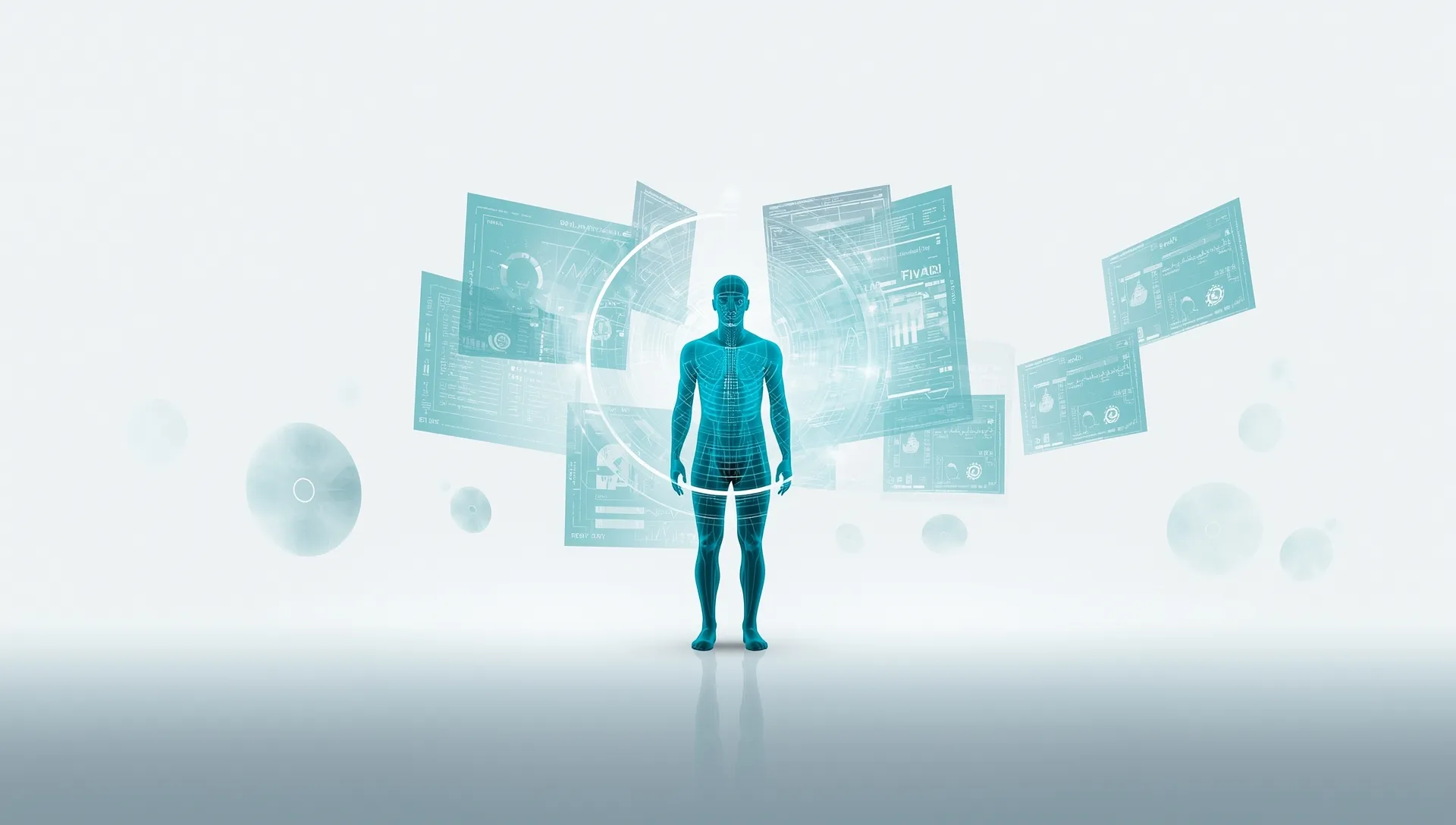
We often hear that patients should “own their health data”—but does that actually happen in practice? Despite the promises of digital transformation, most healthcare systems still treat data as institutional property. Hospitals, insurers, and tech platforms hold scattered fragments of our most sensitive information—while individuals struggle to access or control it.
So we must ask: is data sovereignty in healthcare a real possibility, or just a myth?
Today’s healthcare data systems were built for administrators, not individuals. Each clinic, hospital, or lab maintains its own siloed records—often with incompatible formats or outdated storage systems. Patients who move between providers must request files manually or carry USB drives and printouts. Even advanced apps and wearables rarely offer true interoperability or control.
Meanwhile, behind the scenes, health data is increasingly treated as a commercial asset. Researchers, corporations, and third-party platforms often use or sell de-identified data without the knowledge or consent of the person it came from. For the average patient, data sovereignty is not just absent—it’s structurally impossible.
At its core, data sovereignty means that individuals—not institutions—own and control their personal health information. But in today’s systems, patients lack:
This absence of agency erodes trust. It discourages people from participating in health research. It makes personalized care harder to achieve. And it prevents society from unlocking the true potential of ethically-sourced biomedical data.
This is where decentralized infrastructure offers a critical opportunity. Rather than trying to reform centralized data silos, protocols like AxonDAO rebuild the model entirely—putting data back in the hands of the people who generate it.
Through CureOS, AxonDAO enables individuals to unify their medical history, wearable data, and biomarker signals into a single, encrypted health vault they fully control. Paired with CureRing, a biometric wearable, users can passively collect physiological data—knowing they can choose whether to share it, when, and under what terms.
This is not theory. It’s a working model where data ownership is actionable:
What makes AxonDAO’s approach unique is that it doesn’t just give users control—it makes their data valuable and impactful.
If a user chooses to share encrypted data for a mental health study or biomarker discovery, they don’t lose control. They gain influence. If a study leads to intellectual property, 60% of the value is returned to contributors. Governance over research priorities is handled through a community DAO—meaning users have a say in how their data is used and what science it powers.
This flips the paradigm. Instead of asking whether patients can own their data, AxonDAO shows that data ownership can drive science, generate value, and build public infrastructure.
In legacy healthcare, data sovereignty is more myth than reality. But in decentralized science ecosystems like AxonDAO, it becomes practical, provable, and powerful.
AxonDAO’s CureOS stack makes patient-controlled data real. It protects privacy, enables real-time consent, and aligns incentives between individuals and researchers. It turns fragmented records into comprehensive, user-owned timelines—and transforms participation into progress.
True data sovereignty isn’t just about access—it’s about agency, accountability, and alignment. And AxonDAO is building the infrastructure to make that future real.
So, is data sovereignty a myth? Not if we’re willing to build something better. Not if we let people become owners—not just subjects—of their health information. Not if we let communities, not corporations, shape the science of tomorrow.